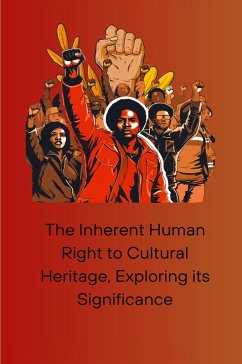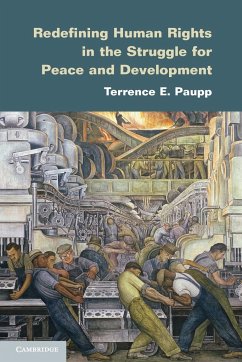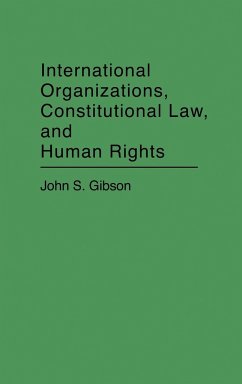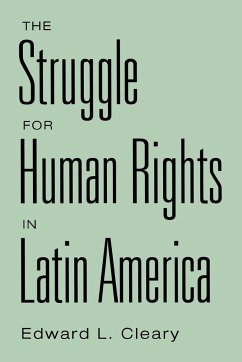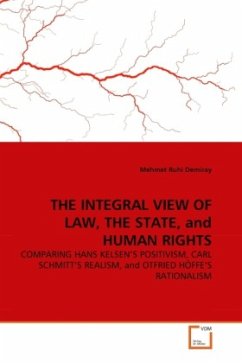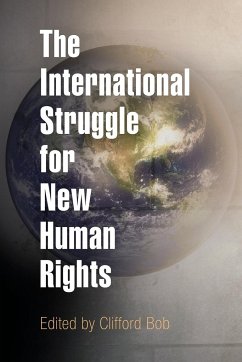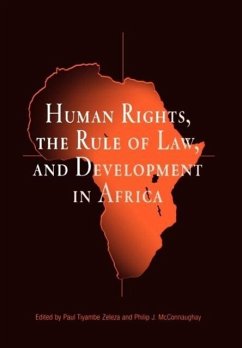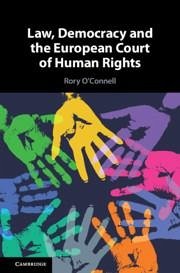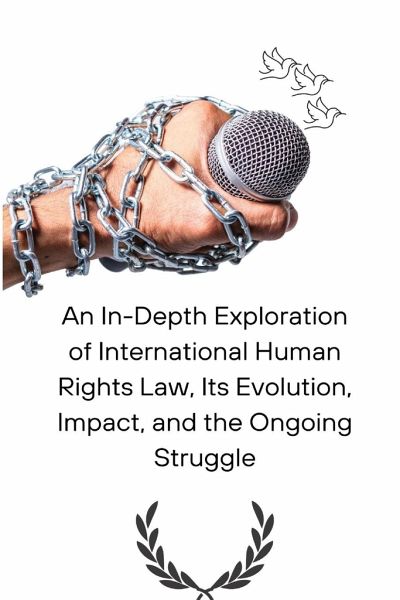
An In-Depth Exploration of International Human Rights Law, Its Evolution, Impact, and the Ongoing Struggle
Versandkostenfrei!
Versandfertig in 1-2 Wochen
28,99 €
inkl. MwSt.

PAYBACK Punkte
14 °P sammeln!
The present dissertation addresses the right to truth in the field of international human rights law. The objective is to verify the outlines of this right that make it unique, and which justify its own (disputable) existence in the human rights scenario as a legally binding norm. Departing from a historical perspective of the emergence of this right in International Law, the intent is to analyze the multiple debates that have marked the development of the right to truth throughout the past decades. It is explored, therefore, how the a priori abstract notion of truth became a right and the str...
The present dissertation addresses the right to truth in the field of international human rights law. The objective is to verify the outlines of this right that make it unique, and which justify its own (disputable) existence in the human rights scenario as a legally binding norm. Departing from a historical perspective of the emergence of this right in International Law, the intent is to analyze the multiple debates that have marked the development of the right to truth throughout the past decades. It is explored, therefore, how the a priori abstract notion of truth became a right and the strict relation this has with the social mobilizations of victims of gross violations of human rights. To accomplish this, the dissertation spans across the struggle, in particular, of the relatives of disappeared victims during the 1970's and 1980's when the dictatorships reigned in Latin America. It follows on the expansion of the right to truth during what has been known as the fight against impunity, until it reaches the main human rights courts. To finalize, it discusses the inclusion of the right to truth in the International Convention on the Protection of All Persons from Enforced Disappearance and the measures more commonly used to realize such right. The dissertation concludes that the right to truth carries a singularity that is crucial for the protection of victims of gross human rights violations.





